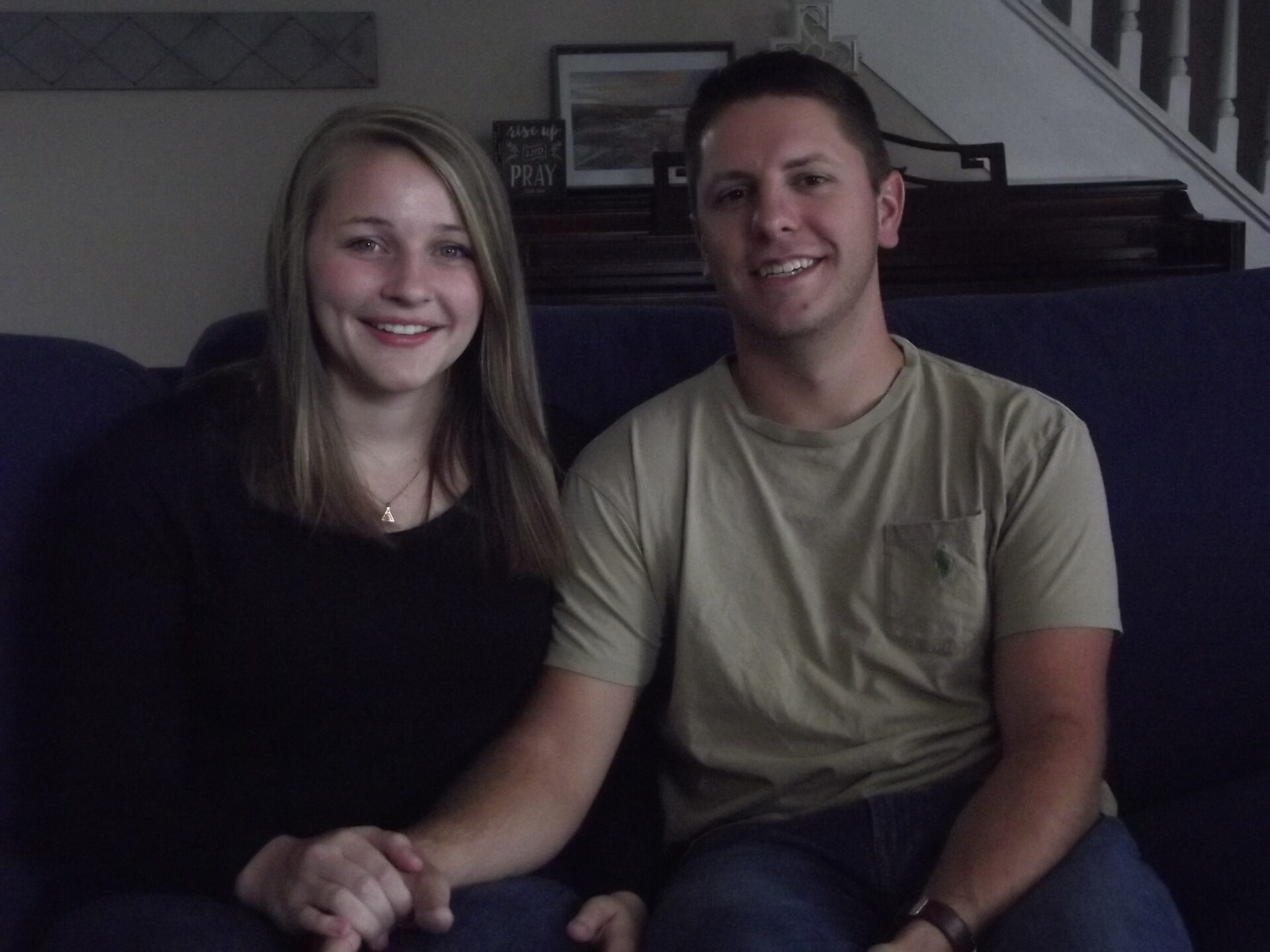The West Virginia Department of Health and Human Resources has selected Aetna Better Health of West Virginia as the company to oversee their management of foster care in West Virginia.
A managed care model is essentially a privatized form of contracting out government services to a company in the private sector. In most states, including West Virginia, Medicaid is contracted out through a managed care model.
The shift to a managed care model for the state’s overwhelmed foster care system is a result of House Bill 2010, which was sponsored by Republicans and passed into law earlier this spring. The law says the Department of Health and Human Resources must shift its foster care system into a managed care model, overseen by an outside company, by January 2020.
The DHHR reviewed a number of companies. On Tuesday the agency annouced it was selecting Aetna Better Health of West Virginia. Aetna currently also manages the state’s Medicaid coverage.
According to a press release from the DHHR, the implementation of managed care services for the state’s child welfare population will “aim to streamline the administration of health services.” But what exactly does that mean?
- A DHHR caseworker will continue to serve as a primary point of contact for the family and their case, but Aetna will now serve as an additional resource.
- The Managed Care Organization (Aetna) will work to help foster families get information on the medical history of the child in their care, and help coordinate the medical and social services needs of the child.
- Aetna will establish an advisory group with kinship families to understand needs related to the care their children are receiving.
- Aetna will assist or amend current processes to better meet families’ needs.
The DHHR says these changes will help them better help foster children in a “holistic” way. “West Virginia is in the midst of a child welfare crisis, and DHHR believes the utilization of an MCO to help provide coordinated care to this vulnerable population will assist us in addressing this issue,” said Jeremiah Samples, deputy secretary for DHHR.
But some foster parents have questions about what all this will mean for them, and the children under their care, said Marissa Sanders, who runs the West Virginia Foster, Adoptive, & Kinship Parents Network.
“Just a lot of questions about what their relationship with the care coordinator would be,” Sanders said.
She said a lot of foster families also are concerned that they’ll need to change pediatricians, if their current doctor isn’t included in Aetna’s network.
Recently, groups involving 12 children in foster care filed a lawsuit against West Virginia Gov. Jim Justice and officials with the state DHHR. That lawsuit alleges the government has violated the rights of nearly 6,800 children currently in the state’s foster care system.
